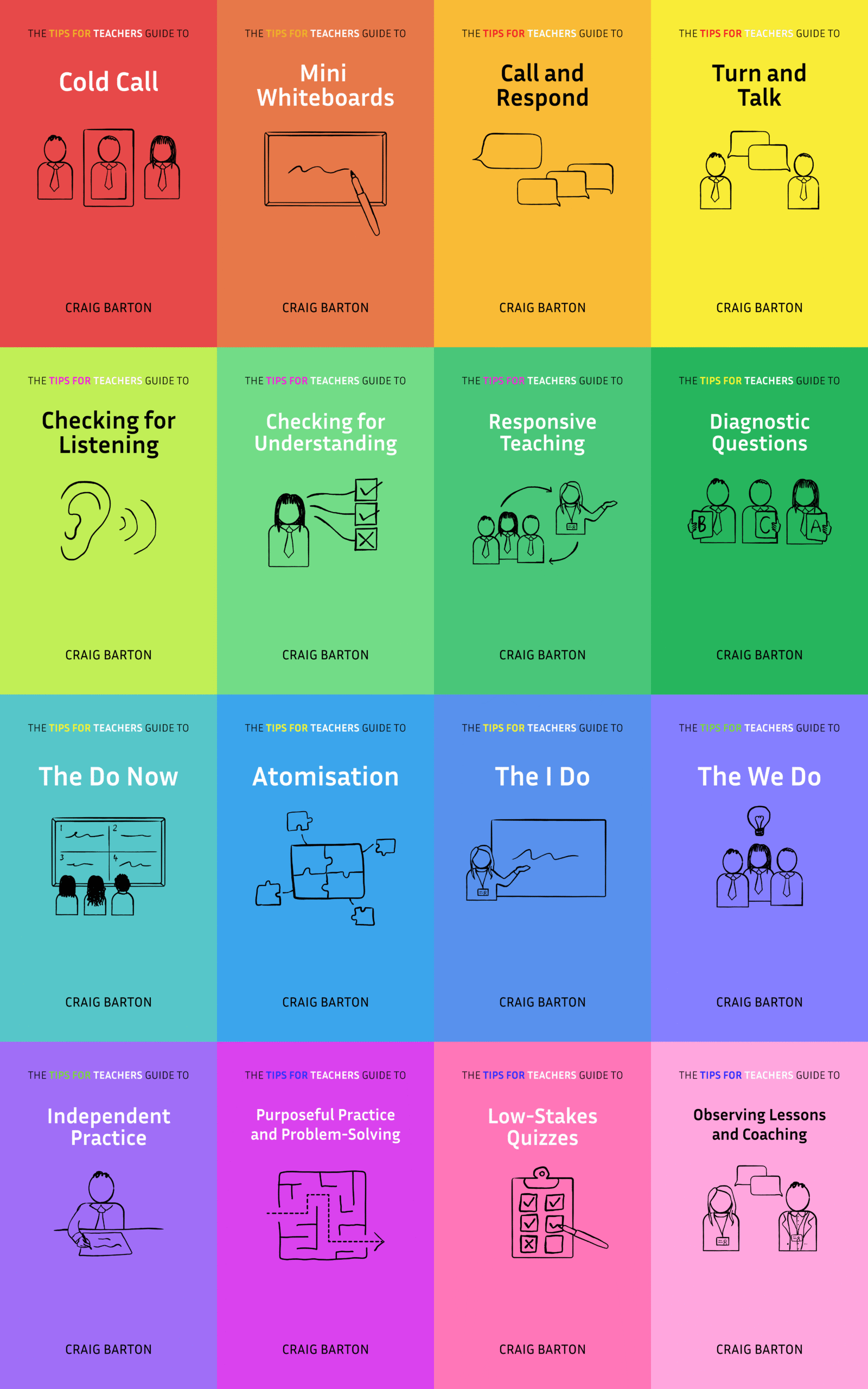Summary
This YouTube transcript discusses effective lesson planning techniques, focusing on checking for student understanding. The teacher, Craig, details a four-stage approach incorporating questioning and responsive teaching, utilizing mini-whiteboards for immediate feedback. He emphasizes a strategy of progressively varying questions to challenge students while providing scaffolding, allowing for efficient differentiation without creating multiple worksheets. Craig also addresses the issue of minimal note-taking in student notebooks, advocating for prioritizing conceptual understanding over rote recording of worked examples. The discussion concludes with reflections on the importance of resetting exercises and the value of this method in various classroom contexts.
What are the key implications for teachers in the classroom?
Here are some key implications for teachers in the classroom based on the ideas discussed in the source:
- Teachers should prioritize the “check for understanding” stage in their lessons, using techniques like questioning and responsive teaching to ensure students grasp the concepts being taught.
- Mini whiteboards can be a valuable tool for quickly assessing student understanding and encouraging active participation. Using mini whiteboards to present a series of questions with slight variations allows students to focus on specific changes and their effects.
- Teachers should strive to provide both support and challenge during the learning process. Structured variation in questions can offer scaffolding while pushing students to think critically and make connections.
- Focusing on student thinking and understanding should take precedence over filling notebooks. Encourage active learning and engagement even if it means less written work.
- Teachers can demonstrate the value of active learning methods by inviting school leadership to participate in lessons. This allows administrators to experience firsthand the effectiveness of approaches that prioritize student understanding over extensive note-taking.
These implications highlight the importance of student-centered teaching practices that prioritize understanding, engagement, and critical thinking. They suggest that teachers should move beyond traditional methods that rely heavily on note-taking and instead embrace strategies that promote active learning and deeper comprehension.
View all Craig Latimir’s lesson planning videos in this playlist:
You can listen to the full audio of our conversation on my Mr Barton Maths podcast here
If you haven’t already, please consider:
- Signing up to my free Tips for Teachers newsletter
- Becoming a Patreon to support my work








